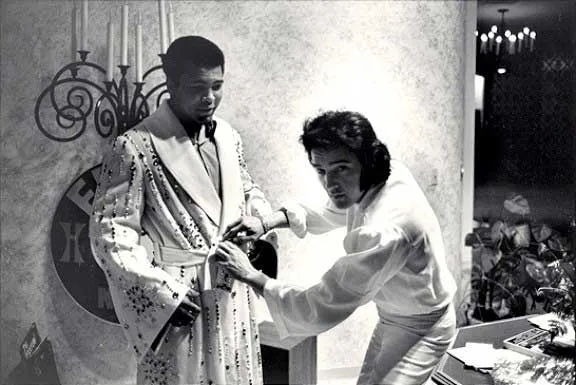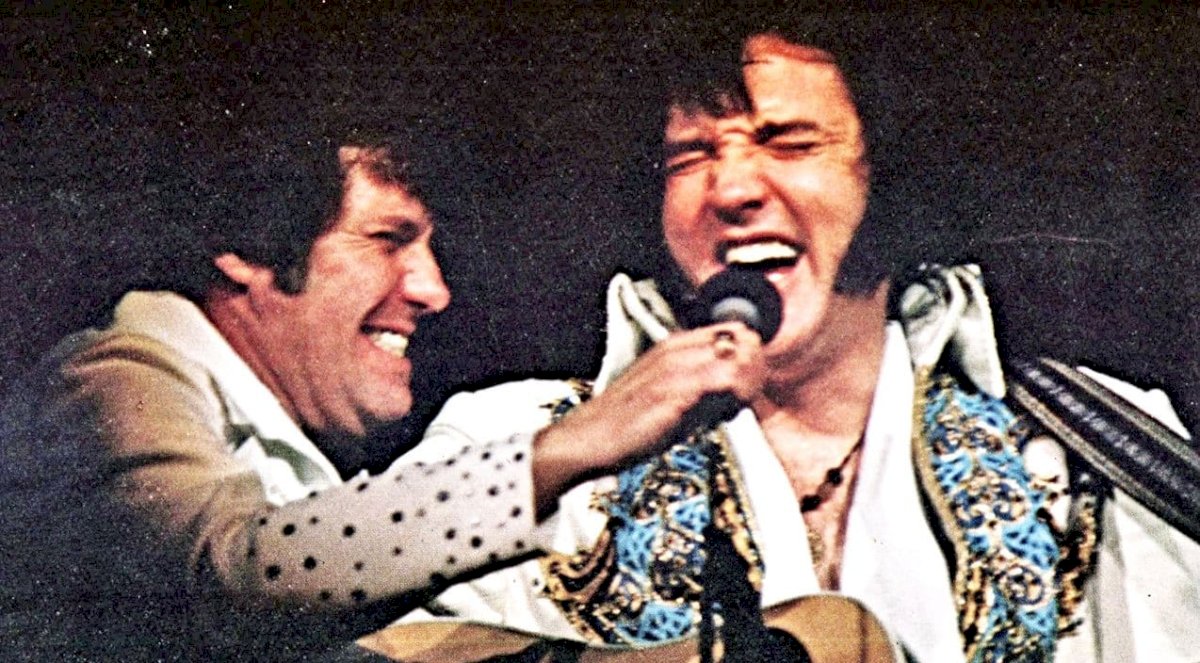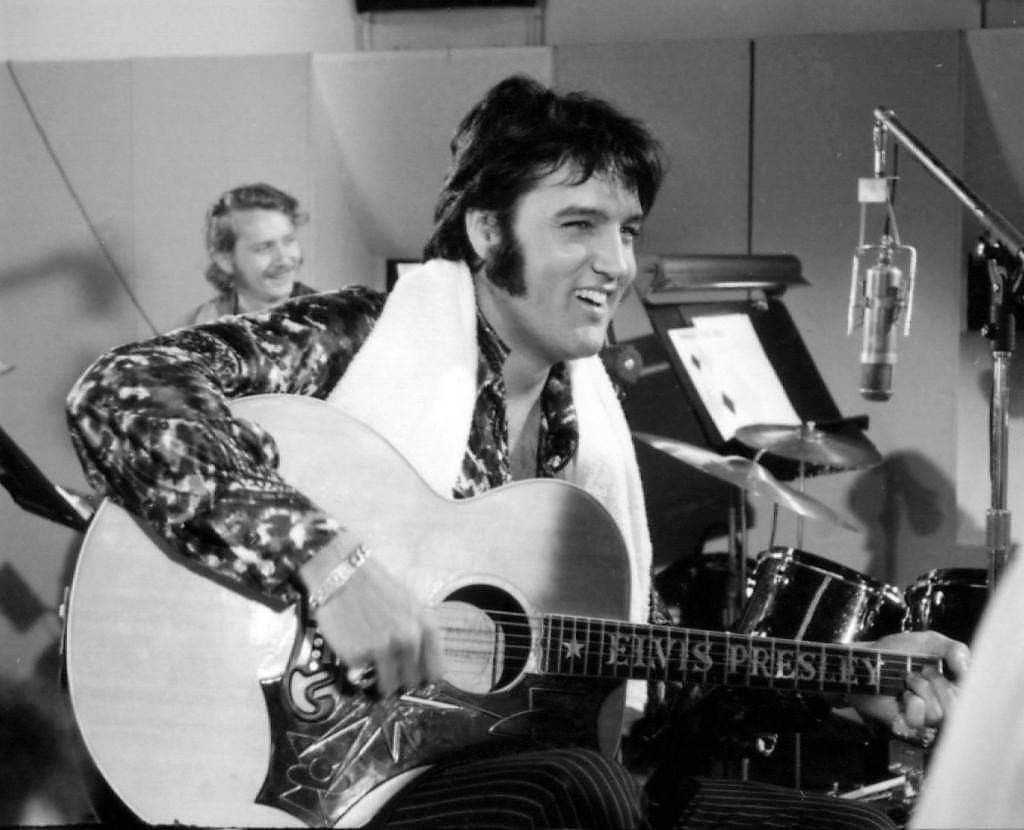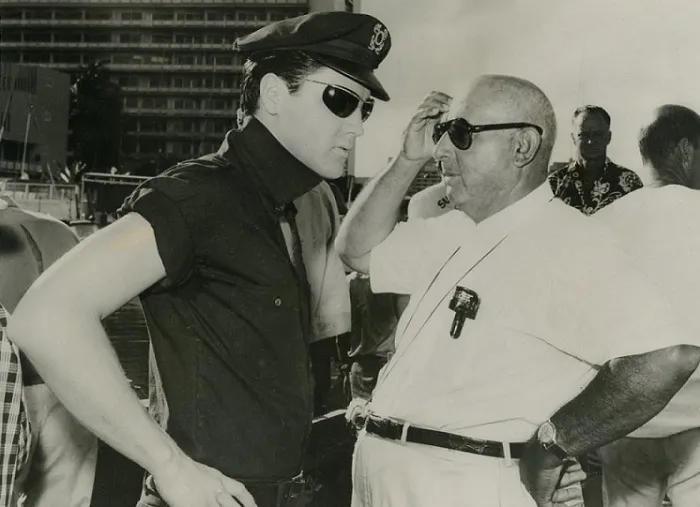Elvis Presley's meteoric rise to rock and roll royalty wouldn't have been possible without a few key figures. Among them stands Dewey Phillips, the Memphis disc jockey who, in a single act, became forever linked to the birth of a legend.
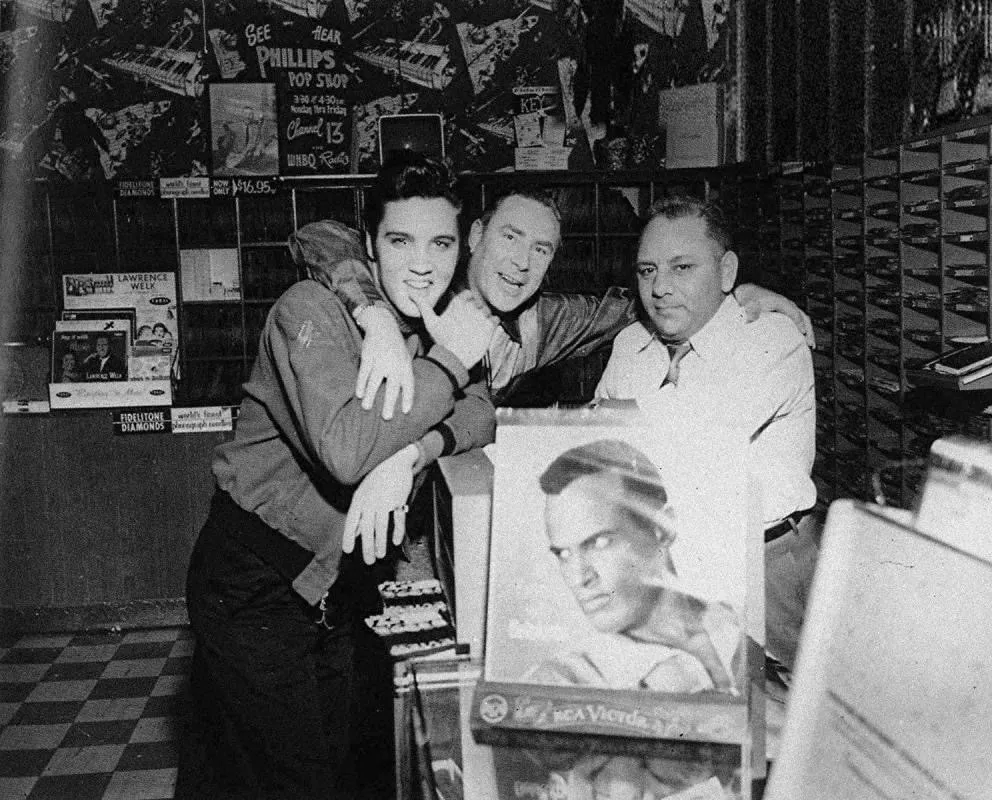
Dewey wasn't just any DJ. In the segregated Memphis of the 1950s, he was a pioneer, bringing Black R&B music to white audiences on WHBQ radio. This was a time when racial barriers were high, and Dewey's willingness to challenge them helped pave the way for the integration of music that would soon follow.
The fateful day arrived on July 5th, 1954. A nervous 19-year-old Elvis Presley, along with guitarist Scotty Moore, walked into Sam Phillips' Memphis Recording Service. Their goal? To record a ballad. What emerged, however, was a genre-bending rendition of Arthur Crudup's "That's All Right." Sam, impressed by the raw energy, saw potential. But getting this sound on the airwaves was another story.

Sam, unsure of how country or R&B stations would react, hesitated to approach his usual DJs. Enter Dewey Phillips. Known for his open-mindedness and adventurous musical tastes, Sam felt Dewey might be the right fit. He was right. Dewey received the record, a Sun Records acetate (a pre-vinyl format), and upon listening, was immediately captivated.
Dewey's first reaction? To play it. Not once, but "over and over again," as some accounts tell it. The switchboards at WHBQ lit up. Teenagers, unaccustomed to such a sound, were enthralled. The song's fusion of blues and country, delivered with Elvis's youthful swagger, was unlike anything they'd heard.

Dewey, realizing the impact, decided to take it a step further. He tracked down Elvis and brought him live on-air for an interview and impromptu performance. This marked Elvis's first public exposure, and the response was electric. Calls poured in, and Dewey knew he had stumbled upon something extraordinary.
Dewey Phillips became more than just the DJ who played the first record. He became a friend and mentor to the young Elvis. He helped Elvis navigate the early days of his career, offering advice and support. Their bond, however, wasn't without its complications.

In 1957, a misunderstanding arose. A reporter, posing as a fan, called Elvis's home while Dewey was present. The conversation, meant to be private, was accidentally broadcast live on WHBQ. It cast a negative light on Elvis, portraying him as arrogant and disrespectful. Though the situation was eventually resolved, it left a mark on their relationship.
Despite the incident, their friendship endured. Dewey remained a champion for Elvis throughout his career. He even emceed some of Elvis's early live shows. Their story serves as a testament to the power of radio and the pivotal role DJs can play in launching musical careers.

Dewey Phillips' legacy extends beyond Elvis. He continued to be a prominent voice in Memphis radio, a champion for R&B music, and a true innovator. He defied racial boundaries and helped shape the sound of a generation.
While Elvis became the King of Rock and Roll, Dewey Phillips remains the man who first introduced the world to the sound that would change music forever. His name is forever etched in the annals of rock and roll history, a testament to the transformative power of a single radio play.







